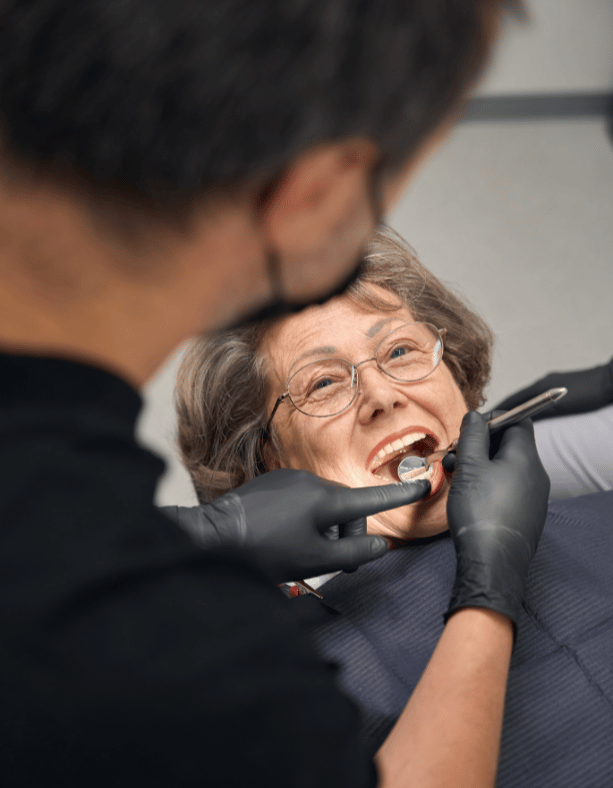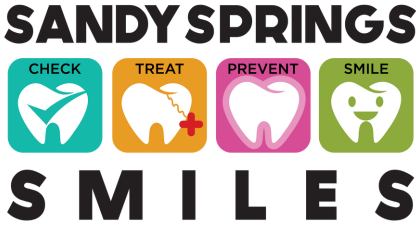Understanding Cracked Teeth
Cracked teeth are a common dental issue that can cause pain, sensitivity, and long-term damage if left untreated. At Sandy Springs Smiles, we have helped countless patients in Sandy Springs restore their smiles by repairing cracked teeth quickly and effectively.
Our experienced team understands the discomfort and anxiety that come with dental problems, and we are here to provide expert care with a gentle touch.
- Pain-free chewing
- No more tooth sensitivity
- Prevent further damage


